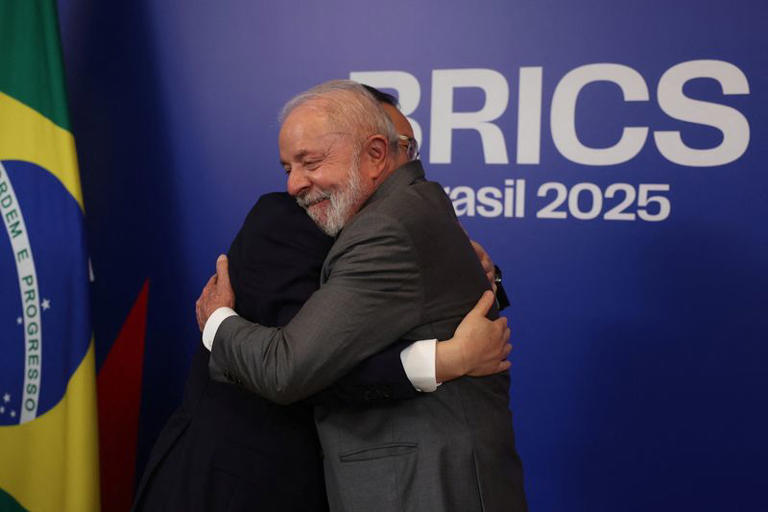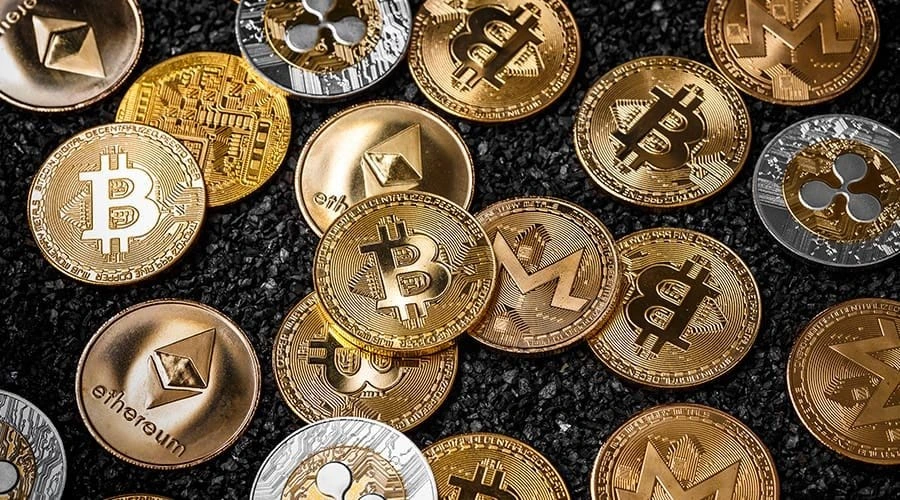PROTECT YOUR DNA WITH QUANTUM TECHNOLOGY
Orgo-Life the new way to the future Advertising by AdpathwayChina’s Premier Li Qiang announced new plans to expand cooperation with Brazil in digital technology and aerospace during a meeting with President Luiz Inácio Lula da Silva at the BRICS Summit in Rio de Janeiro.
Trade between the two countries is already massive. In 2024, Brazil sold $94.4 billion worth of goods to China, mostly soybeans, oil, and iron ore.
China sold $72.08 billion in goods to Brazil, with almost half of Brazil’s imports now coming from China.
Chinese companies have also invested in Brazilian ports, railways, and mines, securing access to key resources.
The new agreements focus on digital technology, green energy, and space. China exports phones, telecom equipment, and electric vehicles to Brazil.
In early 2024, nine out of ten new energy vehicles imported by Brazil came from China. Brazil also broke records for solar panel imports from China, helping its push for clean energy.
 China Expands Digital and Aerospace Ties with Brazil, Premier Li Confirms – Li Qiang and Lula
China Expands Digital and Aerospace Ties with Brazil, Premier Li Confirms – Li Qiang and LulaChina Expands Digital and Aerospace Ties with Brazil, Premier Li Confirms
In space, the two countries have worked together for years. Since 1999, they have launched five Earth observation satellites.
Brazil has now offered China access to its Alcântara Space Center, which is close to the equator and can make rocket launches cheaper and more efficient. This could make Brazil a bigger player in the global space industry.
Why the 2026 Election Matters So Much to Brazil: Being America’s Friend or China’s Peasant
Both sides have signed deals to make it easier to trade aircraft and parts, aiming to modernize Brazil’s aviation sector and open new markets for Chinese manufacturers.
This partnership is about business, not politics. China wants stable access to resources and new markets. Brazil wants investment, new technology, and a bigger role in global trade.
These deals show both countries are focused on practical gains, not ideology. The agreements reflect a shift in global trade, with China and Brazil working together to shape their own economic futures.


 5 days ago
7
5 days ago
7










 English (US) ·
English (US) ·  French (CA) ·
French (CA) ·  French (FR) ·
French (FR) ·